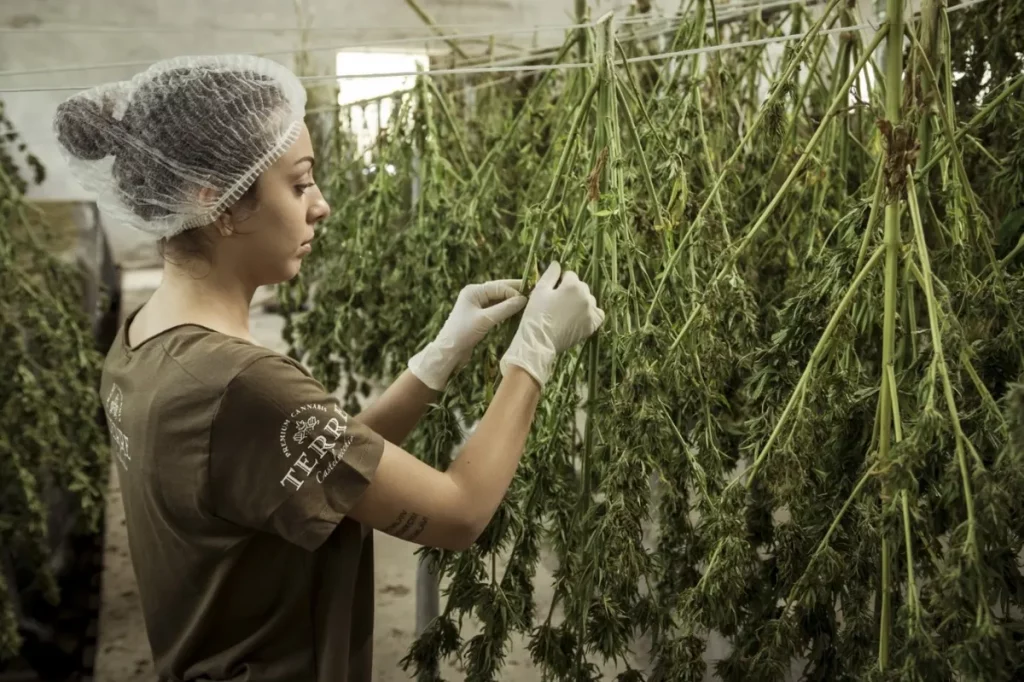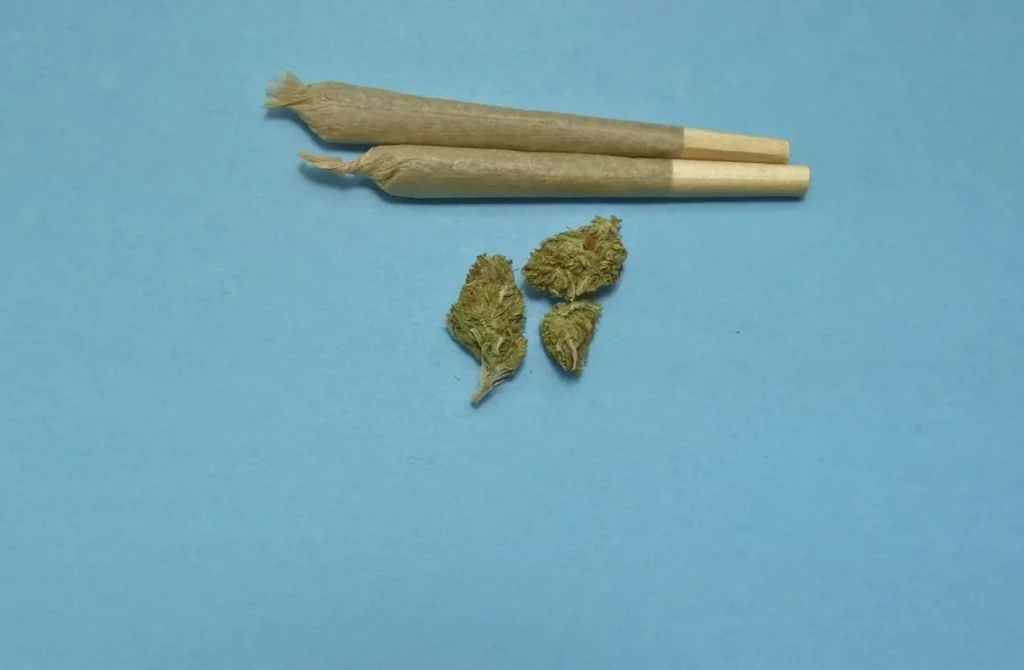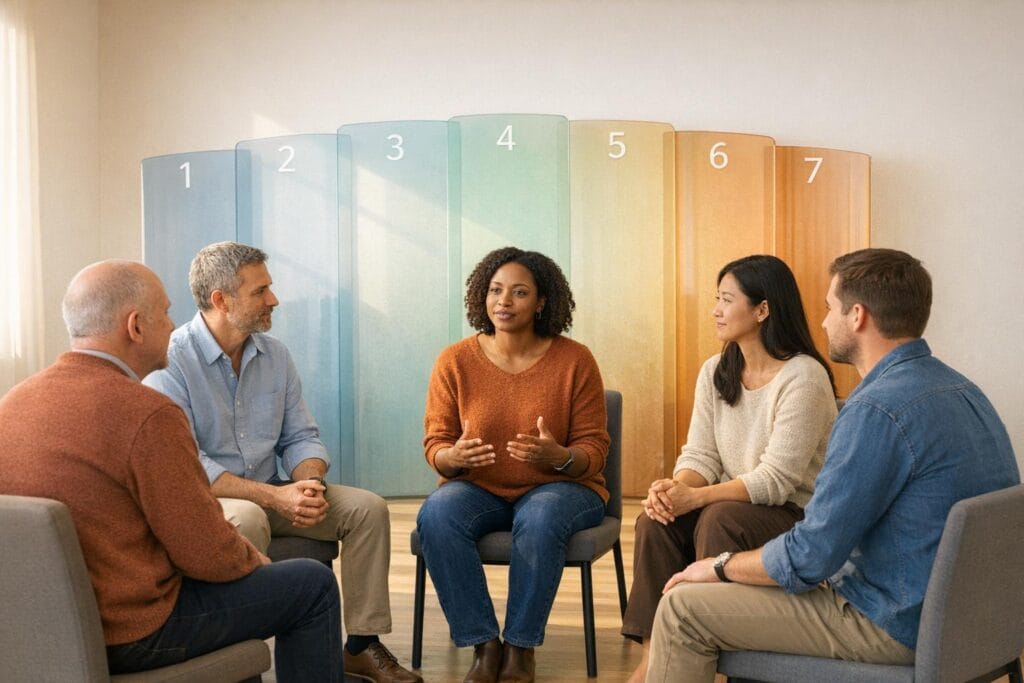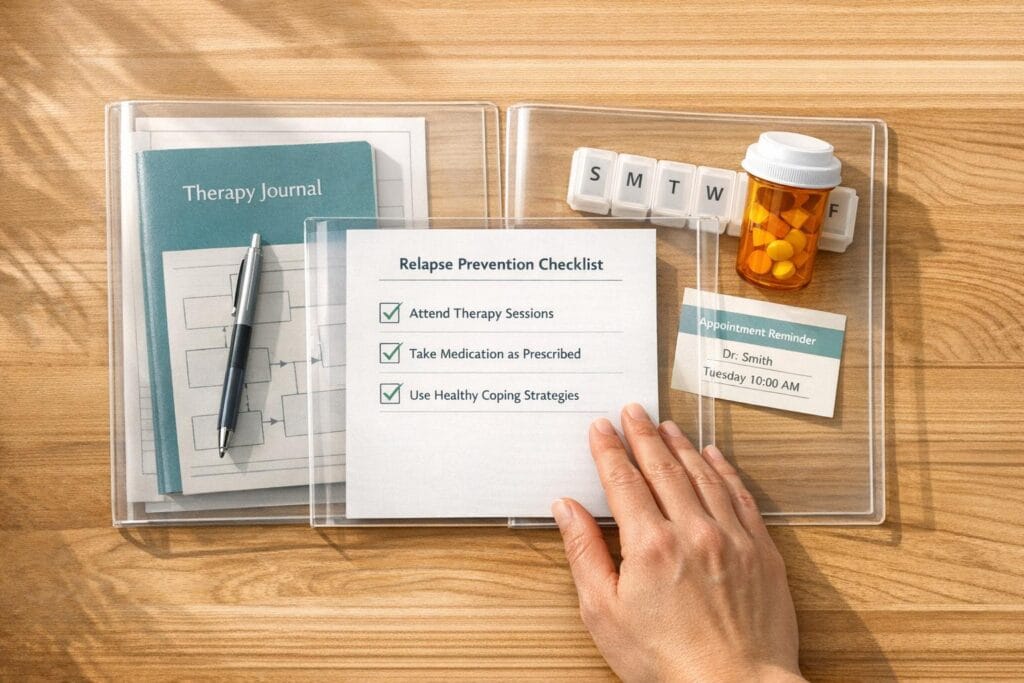The never-ending debate on whether marijuana is a gateway drug is more politically oriented than factual. Those supporting its legalization argue that it is impossible to develop a marijuana addiction, while the proponents opposing it claim it increases the likelihood of substance abuse disorder among its users.
Despite being the most widely used illicit drug, marijuana is prohibited in many states, and its possession and use are criminalized.
It was first criminalized in the Marijuana Tax Act of 1937, following the debut of an anti-cannabis film that promoted the notion that cannabis use enables irresponsible sexual and criminal behavior among teenagers.
This criminalization burgeoned the mass incarceration of teenagers and young adults. But is cannabis as harmful as they say it to be? Is marijuana really a gateway drug? This article will answer these questions, elaborating on past research to reach a verdict.
What is a gateway drug?
To begin with, it is paramount to understand the gateway hypothesis. The gateway drug effect was first theorized in a study investigating substance use history in 1975. The study claimed that gateway drug users progressed to other drugs since softer drugs primed their brain’s desire for harder drugs, such as heroin and cocaine.
The gateway drug theory also claims that drug users are more likely to abuse less harmful drugs such as marijuana, alcohol, and tobacco. Abuse of these drugs altogether produces a multiplier effect, probing the user to seek harder drugs whose high would match the combination.
Many factors contribute to a drug’s gateway effect. Some include:
- Social environment. A person’s social interactions make them vulnerable to trying other drugs that their social circle would do.
- Availability and socioeconomic factors. People are more likely to abuse readily available drugs than those out of their reach. Therefore, it is evident that a heroin user first began using marijuana as it was within reach and affordable.
- The same reasons driving one to abuse alcohol or cannabis – depression, stress, etc., can just as quickly drive them to do harder drugs.
- More people are exposed to harder drugs through their dealers/ peddlers.
What does research say?
Being a matter of controversy, there has been numerous research on marijuana’s gateway hypothesis.
A research report by the National Institute on Drug Abuse suggests that early use of cannabinoids decreases the reactivity of the brain’s reward center in the later stages of adulthood in rodents. If the same reaction extends to humans, this would explain the susceptibility of people who use marijuana early in life to fall victim to other addictions.
In a survey conducted by the National Epidemiological Study of Alcohol Use and Related Disorders, early marijuana users who had underlying alcohol use disorder were more likely to develop severe alcoholism than those who did not. Cannabis use is also linked to other substance use disorders, such as nicotine abuse, but so is alcohol and tobacco abuse.
There may be a correlation between marijuana and hard drugs. Still, there’s very little evidence to prove that cannabis use causes the brain’s neural pathways to develop a desire for other harder drugs.
The question remains: Why do hard drug users begin with marijuana before proceeding to harder drugs?
A report by the Drug Policy Research Center (DPRC) stated that the same opportunities and tendencies that predispose users to marijuana predispose them to use harder drugs. Although it does not disqualify the gateway theory, it suggests other plausible reasons why marijuana is the first illicit drug abused by hard drug users.
Statistically, adolescents who abuse marijuana habitually have experience with other drugs, such as alcohol and tobacco, both of which are easily accessible. This, therefore, confirms that marijuana is not entirely the first gateway to illegal drug abuse.
Other researchers have linked marijuana’s illegality as the bridge to doing hard drugs.
Will marijuana legalization reduce the use of other drugs?
There is a weak claim that legalizing pot will alienate pot dealers from heroin and cocaine dealers. This has the potential to reduce the likelihood that a pot user will be initiated to harder drugs through their dealers, thereby reducing its gateway effect.
The smoking of pot began way before it was prohibited. In states where pot is legalized, adults are more likely to stick to pot than try other drugs. Perhaps, if marijuana was legalized, it could be a potential anti-gateway drug. But this is just an ambiguous hypothesis.
What is the verdict?
No substantive evidence proves marijuana is a gateway, as many risk factors are involved. Such risk factors draw the line between people experimenting with other harder drugs and developing an addiction. Either way, for a person to progress to other drugs, their life situation significantly contributes to the decision.
Although cannabis and marijuana can be used interchangeably, cannabis refers to a broader group of marijuana and hemp. Weed, or marijuana, contains substantial amounts of THC, which induces the high.
Other myths associated with marijuana use
- Some supporters of weed legalization tend to believe that because it is a natural plant, it is hardly addictive. However, like any other mind-altering substance, it is possible to develop marijuana addiction. Natural doesn’t always mean safe.

Doctors believe a lifetime weed user has a 10% chance of developing an addiction. Although the odds are low, they are confident that frequent use creates dependence, especially for young adults.
- Weed users believe that a weed overdose is impossible to occur. This is based on the notion that an overdose is always associated with death. But that’s not the case.
Although there are hardly any reported fatalities from cannabis overdose alone, it is possible to OD on weed, an effect known as a green out. A green out primarily manifests through hallucinations, vomiting, nausea, high blood pressure, and confusion, leaving the victim feeling quite sickly.


